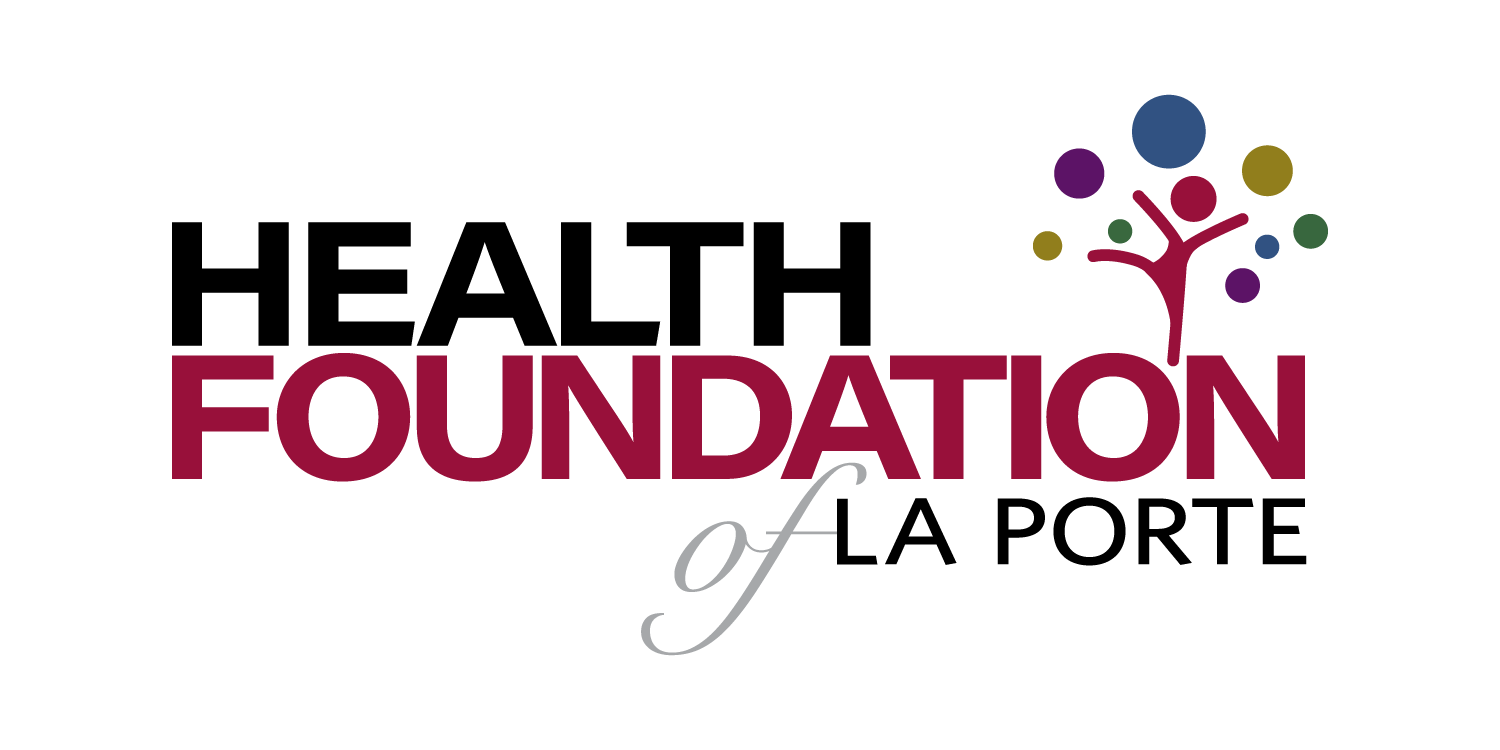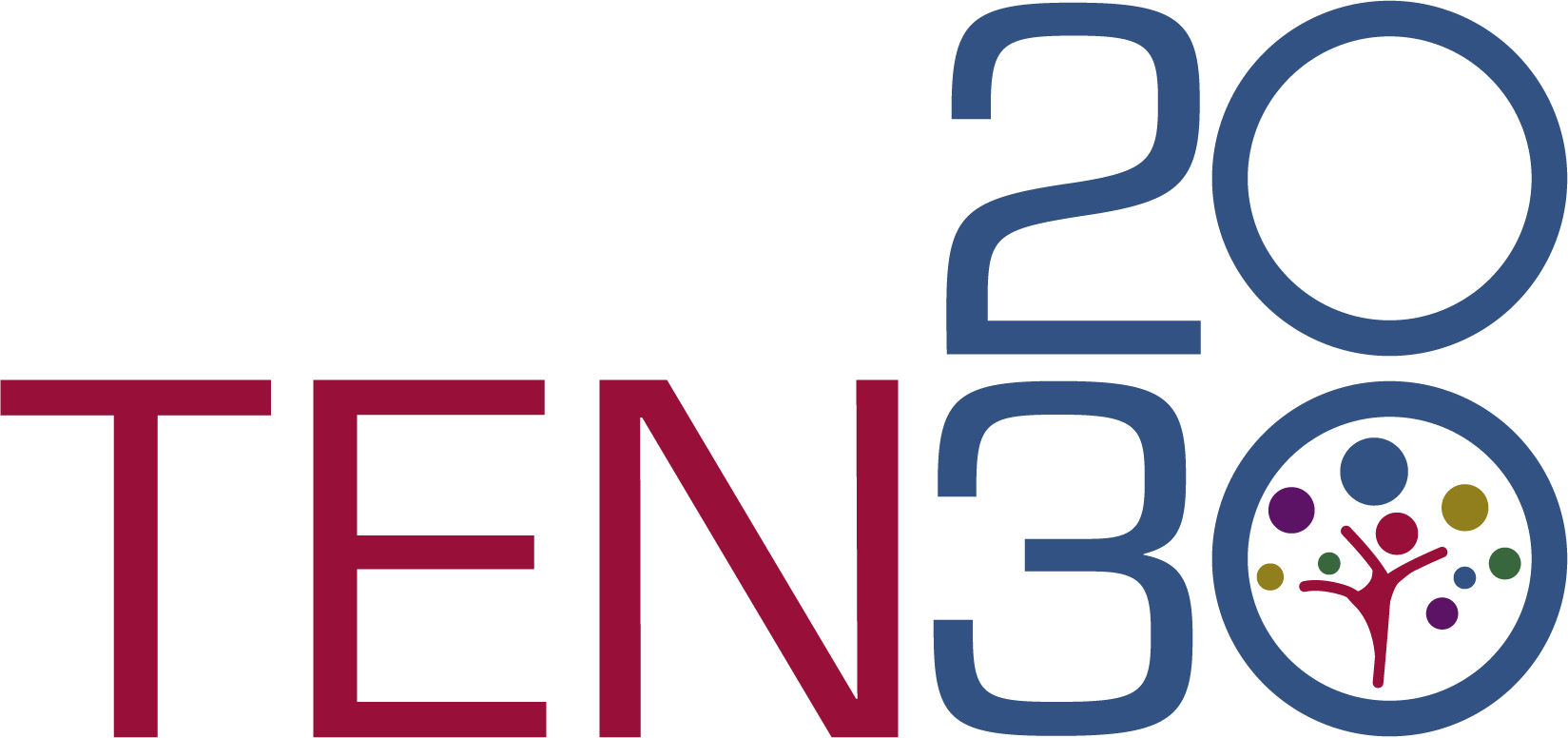Promising Practices
The Promising Practices database informs professionals and community members about documented approaches to improving community health and quality of life.
The ultimate goal is to support the systematic adoption, implementation, and evaluation of successful programs, practices, and policy changes. The database provides carefully reviewed, documented, and ranked practices that range from good ideas to evidence-based practices.
Learn more about the ranking methodology.
Filed under Effective Practice, Health / Mental Health & Mental Disorders, Children, Teens
Goal: The goal of this program is to prevent depression and other mood disorders in adolescents.
Filed under Good Idea, Health / Children's Health, Children, Teens, Families
Goal: The objectives of the program were to educate students, parents, and school staff about asthma management and to control exposure to factors that trigger asthma attacks.
Filed under Good Idea, Health / Adolescent Health, Teens, Urban
Goal: To provide an independent living situation with support services for at-risk youths aged 18 to 24.
Enhanced Patient-Based Referral for Sexually Transmitted Infection Notification (New York (Brooklyn))
Filed under Effective Practice, Health / Immunizations & Infectious Diseases, Racial/Ethnic Minorities, Urban
Goal: The goal of this intervention is to promote patient referral among patients with a recent STI diagnosis.
Impact: Program participants were more likely to report sexual partner notification at 1 month and were more likely to report no unprotected sexual intercourse at 6 months.
Goal: In this particular instance, the goal of the Undoing Racism Workshops was to enhance the capacity of the Michigan Department of Community Health's Bureau of Family, Maternal & Child Health to reduce racial disparities in infant mortality.
Impact: The Undoing Racism workshop helped to increase competency in the following topics:
-Racial prejudice and racism
-Racial privilege and power
-Institutional, cultural, and internalized racism
-Instiutional norms and practices
-Racial health disparities
-Social determinants of racial health disparities
Filed under Effective Practice, Health / Heart Disease & Stroke, Older Adults
Goal: The goal of the FAME intervention is to improve the fitness and mobility of individuals who have suffered a stroke.
Filed under Evidence-Based Practice, Health / Women's Health, Women, Racial/Ethnic Minorities
Goal: The goal of the FoCaS Project is to improve breast and cervical cancer screening participation among low-income women.
Filed under Good Idea, Health / Heart Disease & Stroke, Adults, Racial/Ethnic Minorities, Urban
Goal: The Hair, Heart & Health program embraces the notion that health education at the community level is an effective intervention strategy for preventable diseases like CHD, stroke and kidney disease.
Filed under Evidence-Based Practice, Health / Alcohol & Drug Use, Children, Teens
Goal: The HeadOn program is designed to promote well-known protective factors based on both the social-influence model of drug use and a generalized skills-training model.
Filed under Good Idea, Health / Children's Health, Children, Teens, Adults, Women, Men, Older Adults, Families, Racial/Ethnic Minorities
Goal: The mission of the Help Me Grow National Center is to enable and support the building of HMG systems across the country so that states can implement effective, universal, early surveillance and screening for all children and link those at risk for developmental and behavioral problems to appropriate programs and services.
HMG National supports affiliate states by:
Promoting development and expansion of a national network of states that are building HMG systems
Providing technical assistance to help states implement the core components and structural requirements of HMG
Informing the public discourse on the crucial importance of optimal child development
Ultimately, HMG National's goal is for all families to have knowledge of and easy access to statewide systems that support them in learning about their children's developmental needs and finding appropriate services.

